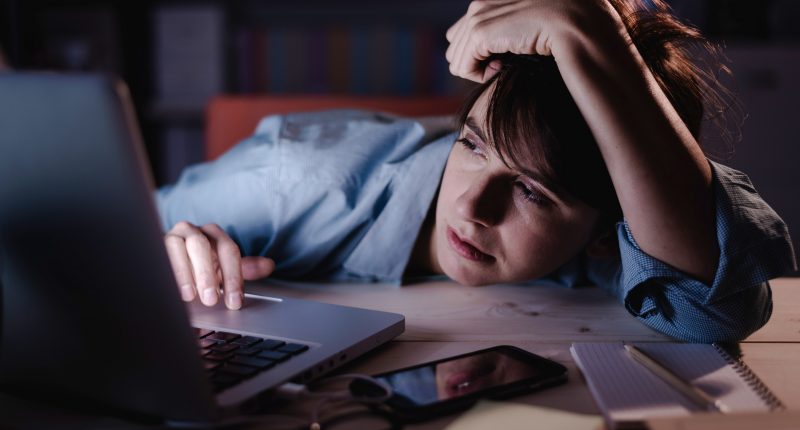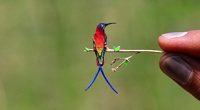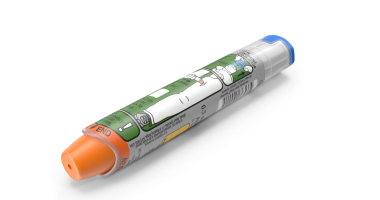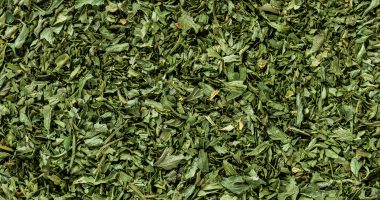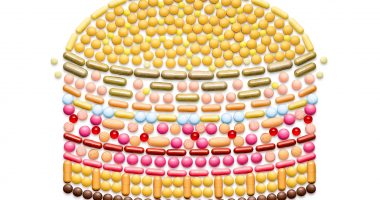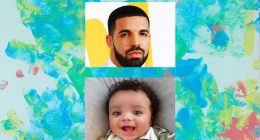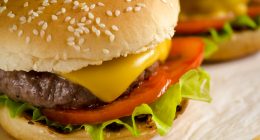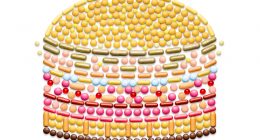“Night owls” have an increased risk of dying at a younger age than early risers, so they should not be forced to work early in the morning, researchers warn.
The study, which included half a million participants between the ages of 38 and 73, showed that the early death rates of people who go to bed late and have to get up early while having difficulty doing so, are 10 percent higher than those who go to bed early and get up early in the morning.
The participants of the study conducted by the National Institute of Biobank, which lasted for 6.5 years, had to define themselves on a scale of “definite morning type,” “relative morning type,” “relative evening type,” and “significant evening type.”
According to the study, “night owls” may suffer more than others from a variety of diseases, such as diabetes, psychological problems and neurological diseases. Also, these people may develop difficulty adjusting to work during the day.
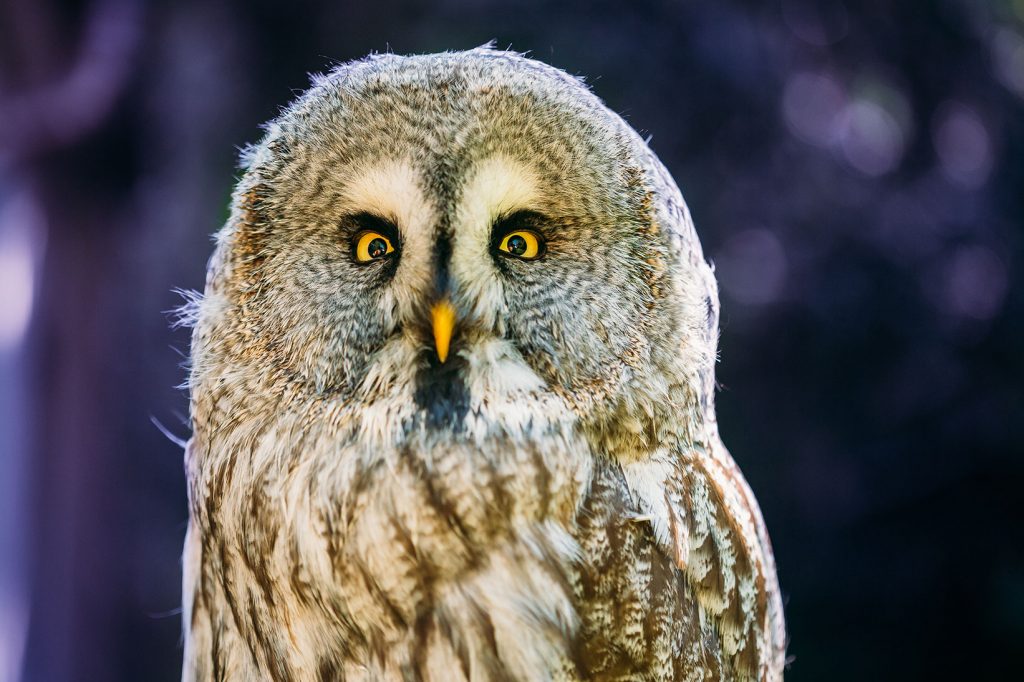
“It’s a matter of public health that can no longer be ignored,” said Malcolm van Schantz, a professor of chronology at the University of Surrey in Great Britain. “We need to discuss allowing night owls to start and finish working late, where possible, and we need more research to help them cope with the increased effort of keeping their biological clocks synchronized with light hours.”
“We already have evidence of a higher rate of heart attacks in the wake of the shift to daylight saving time, and we have to remember that even a small risk increment multiplies by 1.3 billion people who experience this transition each year,” he said.
Kristen Knutson, professor of neurology at Northwestern University School of Medicine and co-author of the study, added: “If we recognize that these ‘night owl’ types are affected by genetic causes and not just personality defects, their hours of work can be more adaptive and flexible. There’s no need to force these people to get up for the 8 am shift, but to adjust the shifts to the employee’s tendencies, as some people may be better suited for work at night.”
